Volunteer Application
Sacred Service in Nepal: Chitwan
Program Dates:
March 13 - 27th, 2026
Chitwan Program
Highlights:
Experience Nepal’s regal Himalayan range, home to some of the world’s tallest peaks
Immersion in the jungle of Nepal with opportunities to learn from local medicine keepers
Experience and learn about the Tharu people’s shamanic and animist ways of living
Learn about the rich ecosystems of the Nepal jungle, native plant medicine and wildlife
Visit monasteries, museums, and world heritage sites including serving at a temple hospice center
Witness majestic elephants, alligators, sloth bears, and the endangered white rhinos
Spend time in the healing space with local elephants and their caretakers, giving and receiving healing
And so much more!
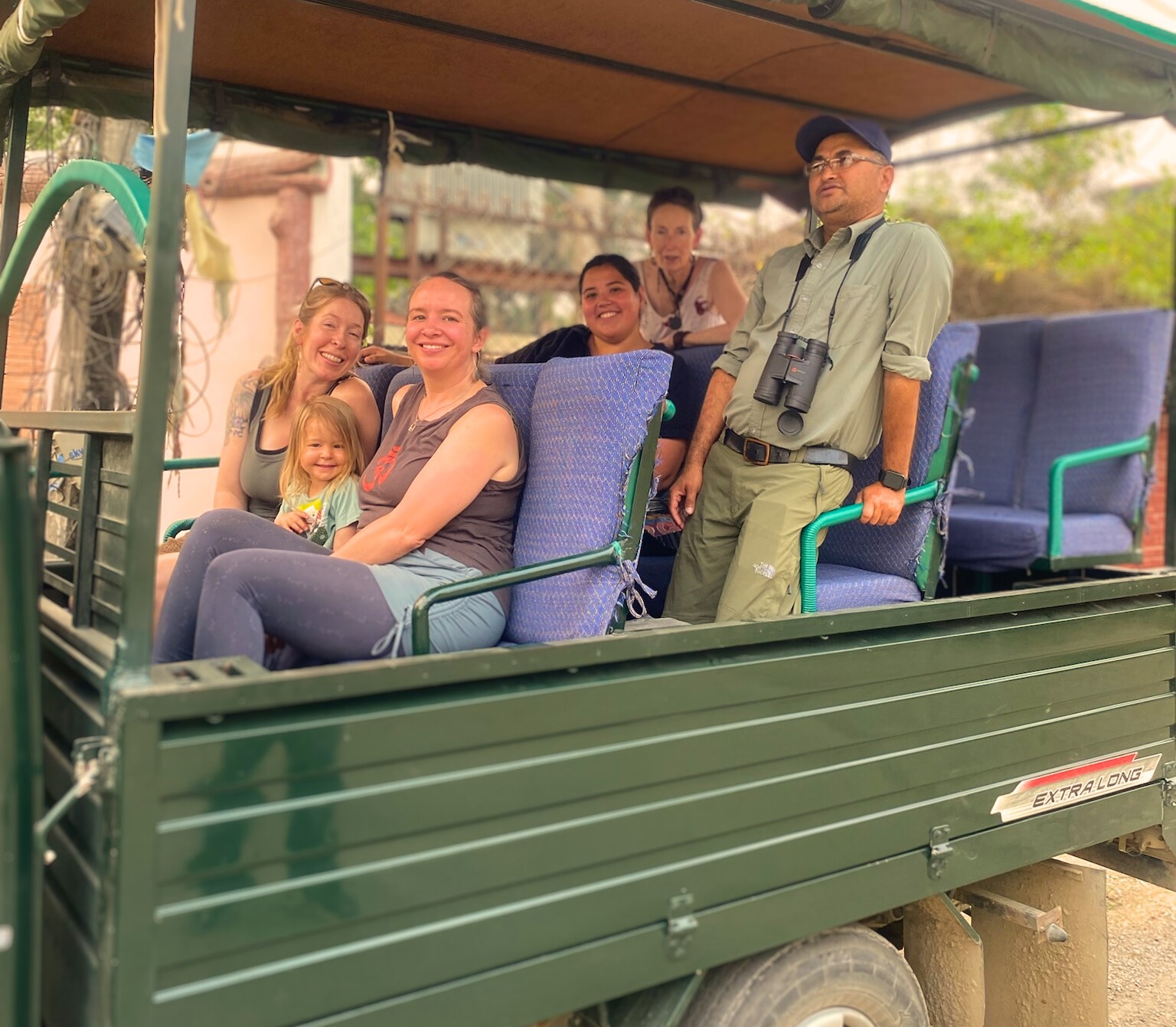
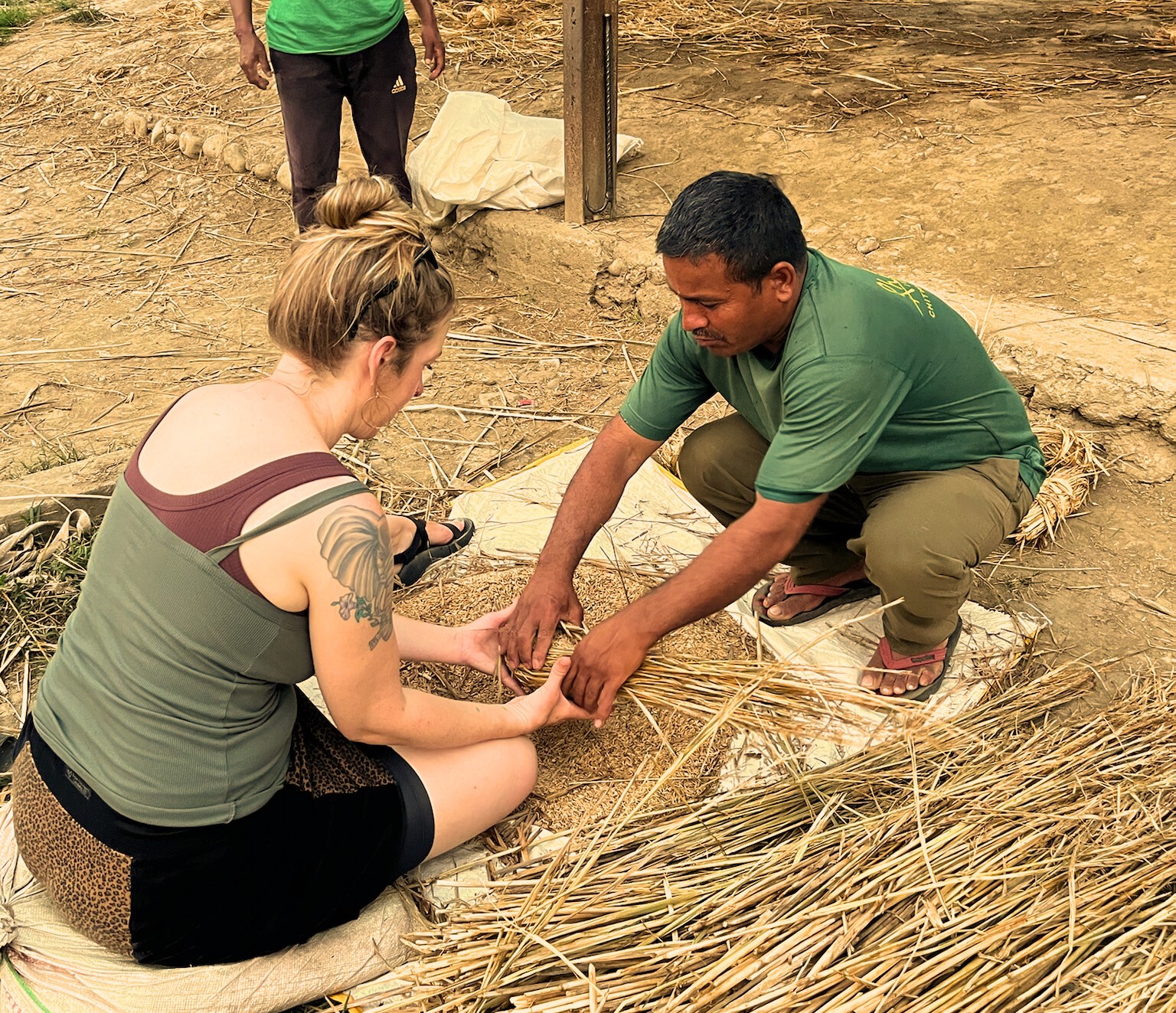
Chitwan Program
Objectives:
Create strong relationships with the Tharu community to better understand their needs.
Bring vital supplies as well as herbal and allopathic medicine to dispense and/or stock for use during disasters
Offer attuned integrative healthcare and education to the Indigenous Tharu community
Evacuate, refer and follow up with patients who
present red flag physical or mental health cases
Offer repair and energy healing to elephants who have been abused by human handlers
Learn how to respectfully enter into and give-receive healing to underserved Indigenous communities
Chitwan Program
Serving Humans & Elephants
This is a one-of-a-kind program where we will be living and serving deep in the jungle of Chitwan National Park in the southern belt of Nepal. We will spend our mornings offering healthcare services to the Indigenous Tharu communities working alongside the eldest local Shaman.
Our late afternoons will be spent offering energy healing (acupressure, reiki, etc.) to the elephants and receiving their bountiful blessings via river baths and trunk nuzzles (no riding).
Due to the proximity to the national park (elephants, rhinos, bears, etc.) we will not be camping during this program, rather we will be staying in a beautiful resort with air conditioning and a pool.
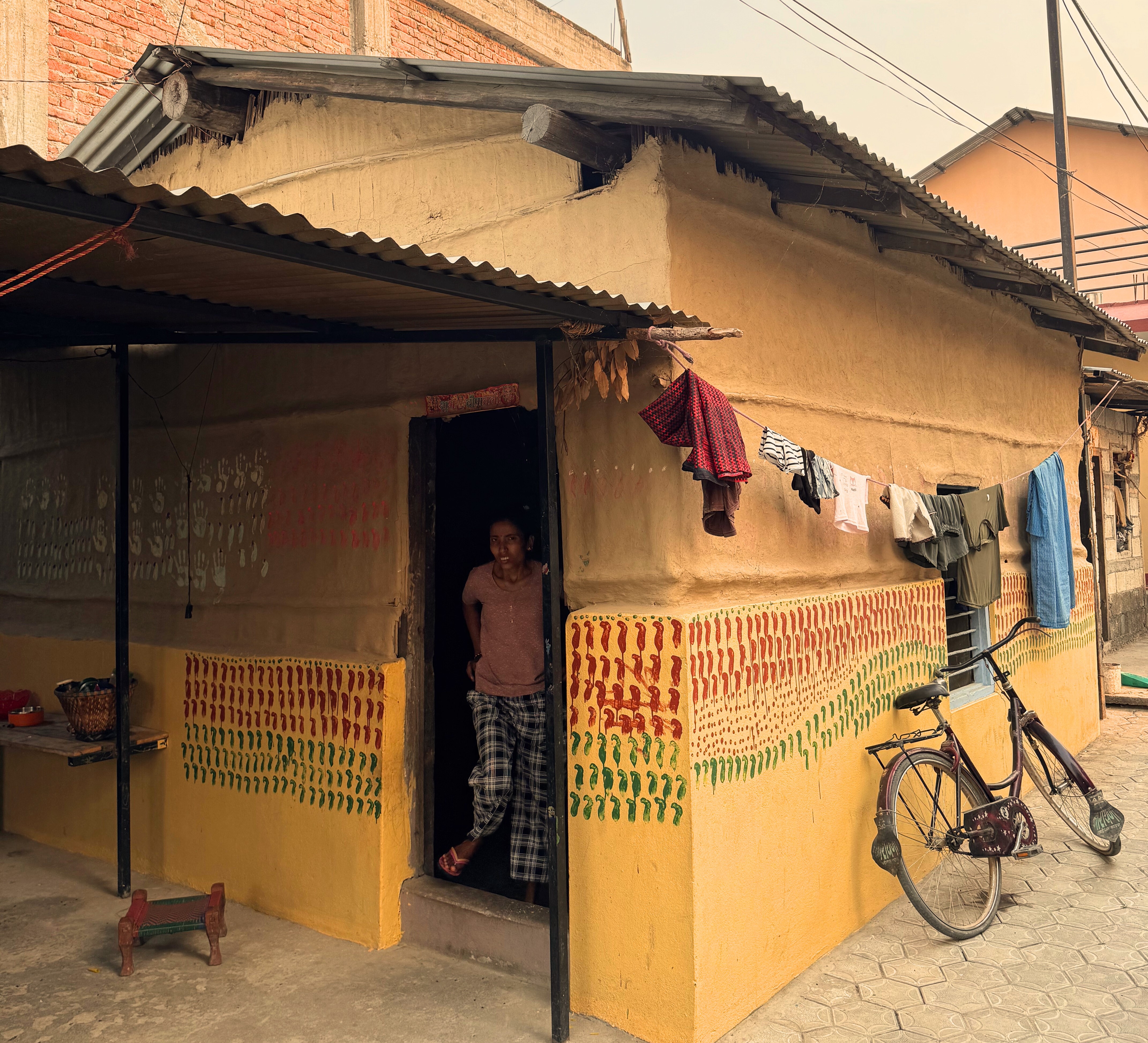
There will be opportunities to camp on a platform in the national park during our stay if you choose (highly recommend it!). This program will involve the opportunity to learn to use energy healing tools and to offer them safely and effectively to the elephants
using powerful energy centers, acupressure points and meridians.
The temperature in this part of the country during this time of year will oscillate between 60-90 degrees. We will take a break midday to accommodate the hottest part of each day.
Notes on Elephant Welfare
Asian elephants are majestic, sensitive, and many have been domesticated and live at the mercy of human care or lack thereof. Our work began in Chitwan with a visit to the Elephant Conservation Center to learn more about the challenges of Asian elephants and to understand how humans can become advocates for their welfare. We have developed this elephant part of the program based on their recommendations. As such, there are practices that we engage in to support this vision.
We do not ride the elephants. However, their mahouts (elephant caretakers) will ride them and this is part of their culture, livelihood, and safety. Mahouts share a special bond with their elephants and they understand that their job is dependent on keeping their elephant healthy and happy while also keeping humans safe. Well-trained mahouts will know how to do this without force. Part of our job at the nonprofit is to find elephants who are well cared for by their mahouts and to support them. We do also report any concerns that we see to the local elephant sanctuary.
The elephants have a choice to be with us and to receive healing from us. When we are doing healing work, bathing, or playing with the elephants, they are free-roaming (although for everyone's safety, their mahout will always be present). If they decide not to work with us or if they are finished sharing space with us, they will be able to walk away. We will however, be invited to visit them and feed them dinner and treats at their "residence" where they live with their mahouts. Since these elephants are domesticated and therefore cannot be reintroduced to the wild nor can they have elephants wandering around the city of Chitwan, one of their ankles will be chained to a post with enough room for them to move around, eat, touch and play with the other elephants, etc.
Chitwan Program
Serving Humans & Elephants
There are additional considerations to make when sharing space and working with elephants:
On our first day in Chitwan, we will meet with a local elephant conservation expert and get to ask all of the questions we may have about the welfare of Asian elephants.
You will see tourists riding elephants into the national park. While this is heartbreaking, there is more to the story to consider. First off, this has been an industry in Asia for many years beginning in India and Thailand with rides to and from the palace on the back of an elephant. This industry provides livelihood for the elephant owners, the mahouts, and the national parks. And while this is still happening, the education around elephant welfare is becoming a global conversation and the amount of tourists engaging in these events is reducing significantly.
Another consideration is that the national park is loaded with wild animals from elephants to tigers to rhinos and it is absolutely unsafe to walk through the park on foot. They do allow driving through certain areas of the national park in safari jeeps that are loud and have emissions. To walk through the jungle on an elephant means there are no emissions and the chances of seeing wildlife increase ten-fold. Of course, similar to visiting a zoo, the human desire to advocate for other beings increases the more personal a relationship we can develop with these majestic beings. So this is a complicated issue.
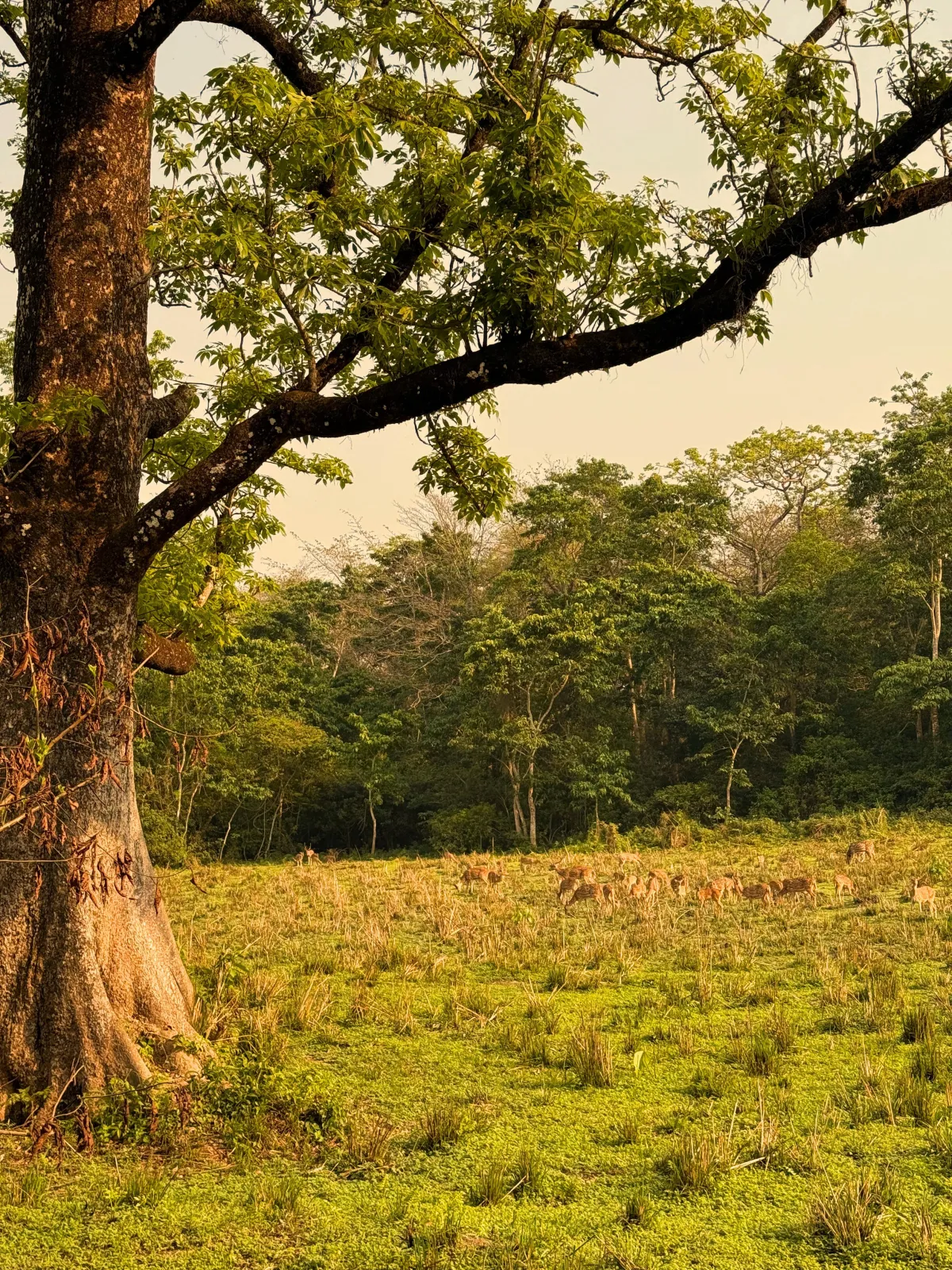
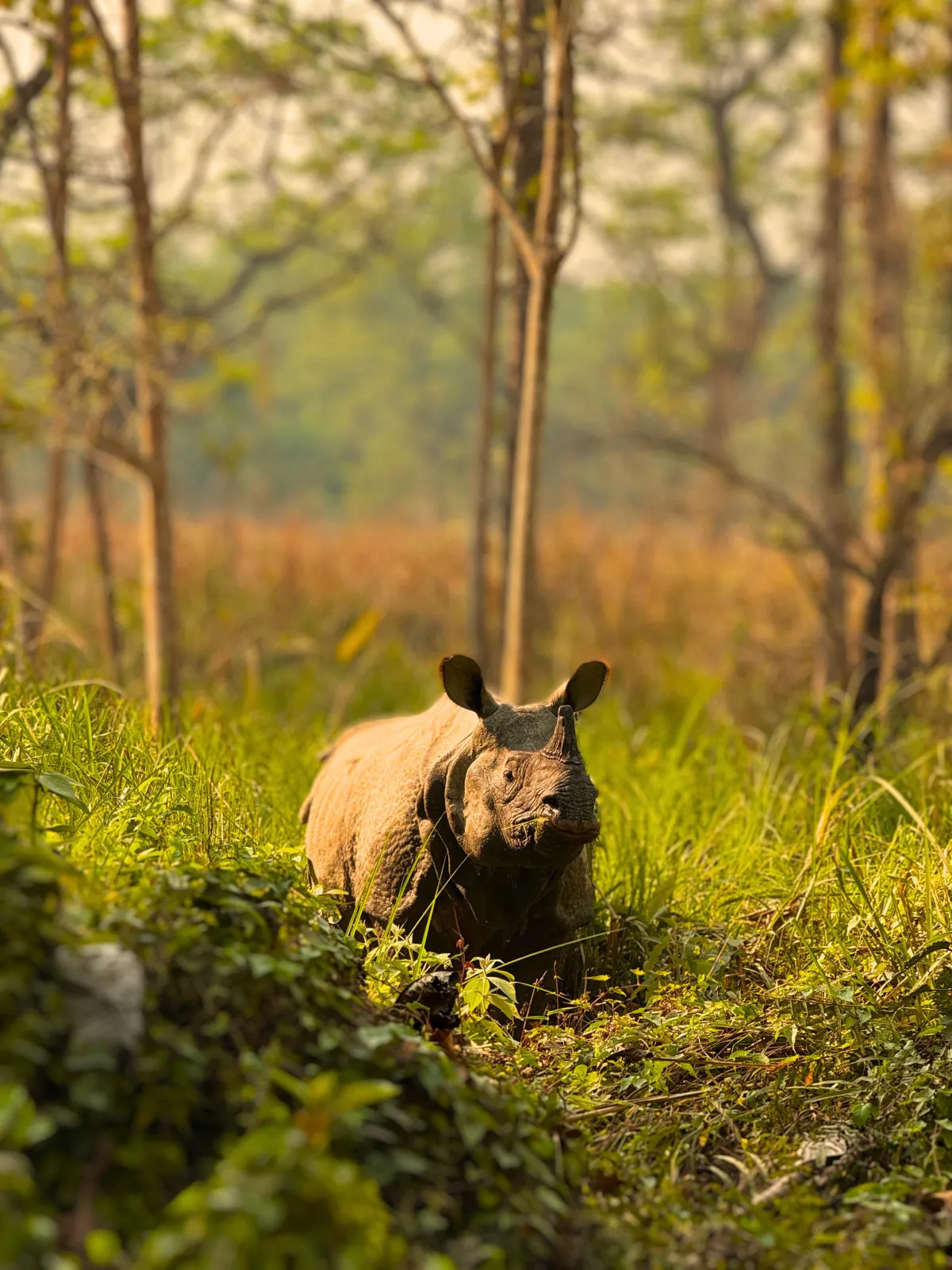
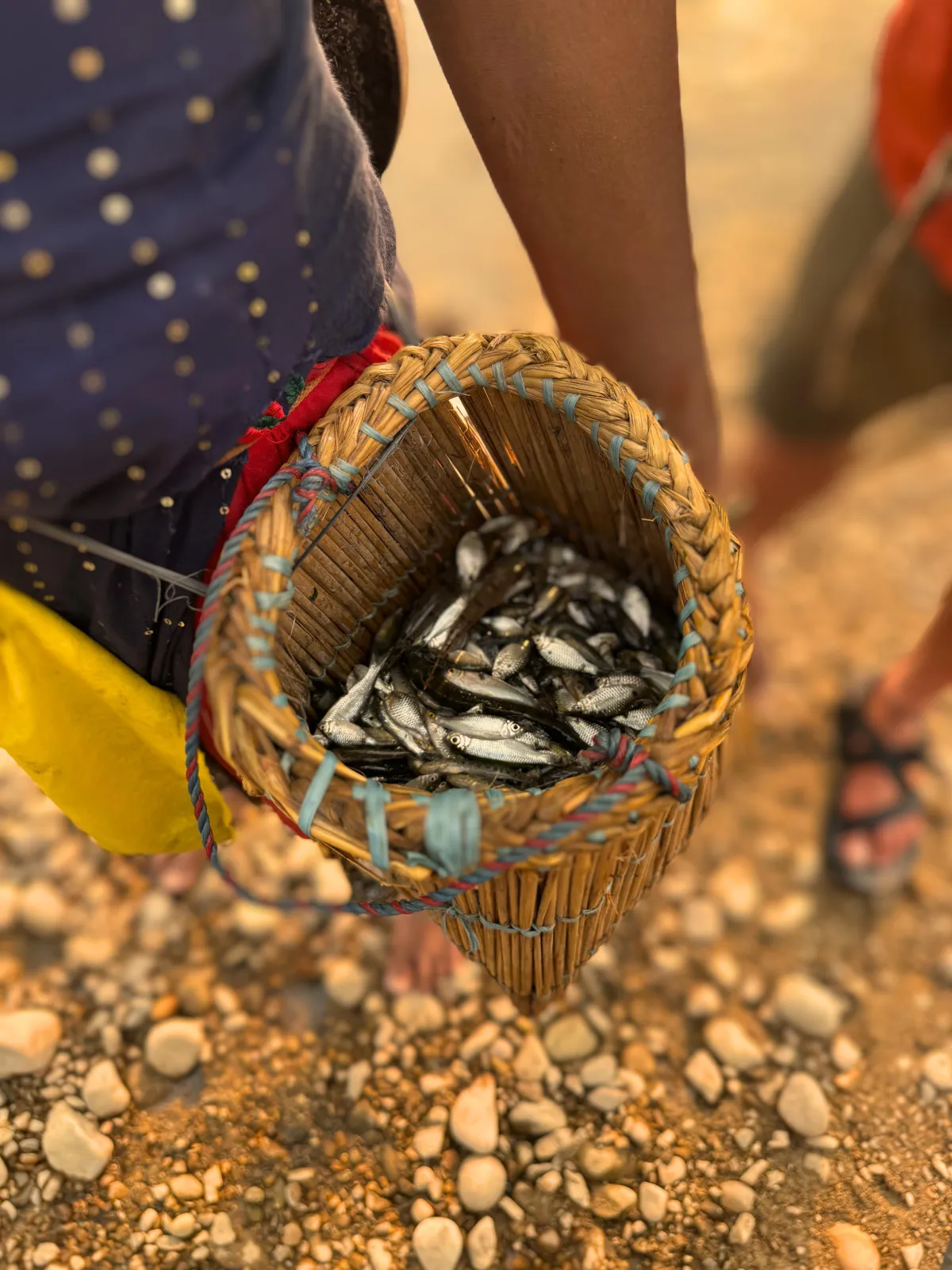
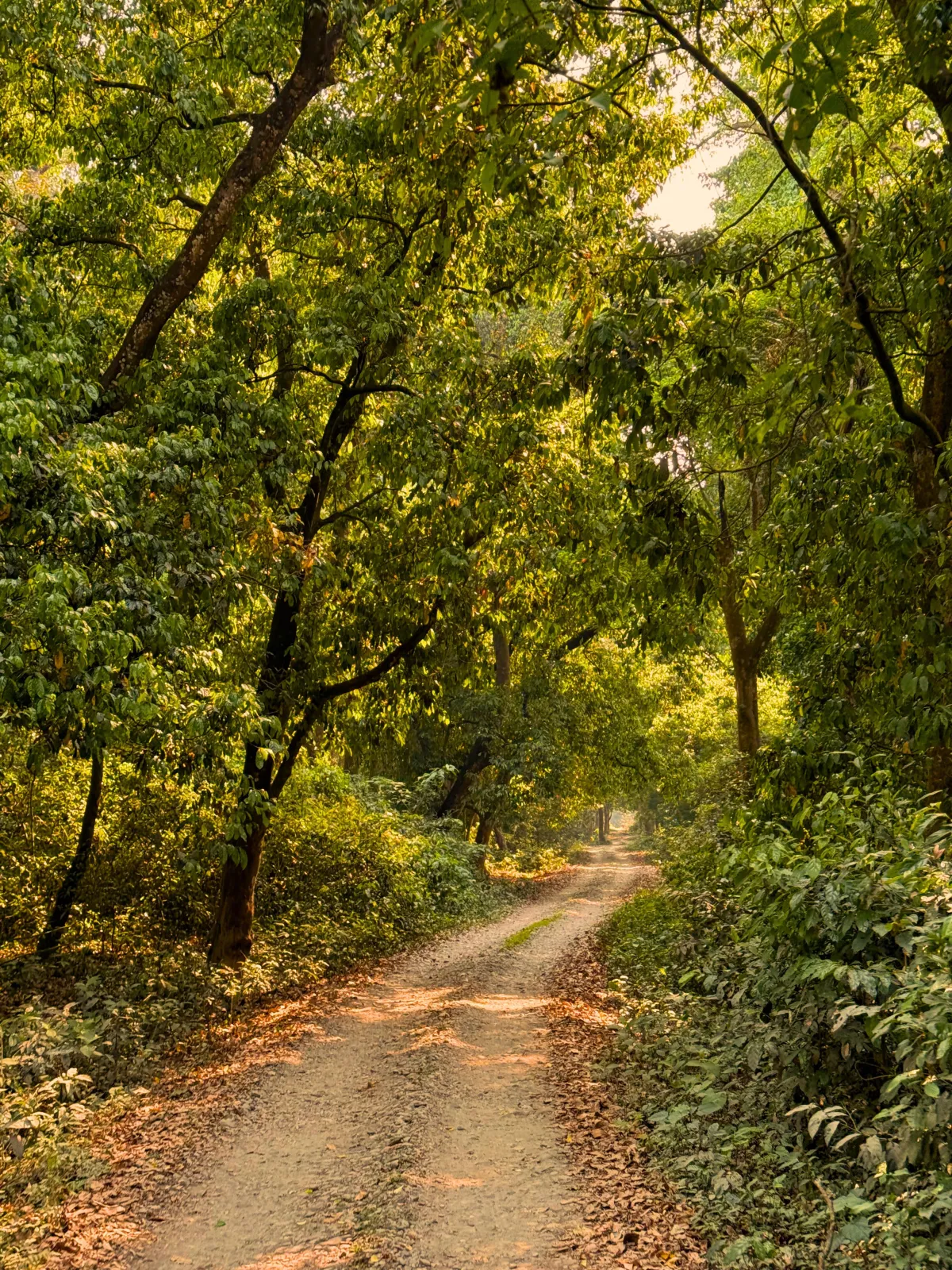
One of the best pieces of advice we have received from the elephant conservationist is that while we all want elephants to be wild and free, for that to happen we also need humans to care about them enough to not ride them or domesticate them and to put money towards their conservation. However, we also need a plan to replace the income for those who have been surviving because of this industry as well as the national parks that depend on that income to remain open and functioning. The last thing we want is for elephant tourism to simply come to a halt without proper planning because then we will wind up with many neglected elephants who will not be well cared for due to financial hardship. So, proper education and exposure is key to make this shift happen as well as making donations to organizations that are supporting this shift. If you have any additional questions about our role in elephant conservation, please email [email protected].
*You do not need to be a healthcare practitioner to join our service immersion programs. We welcome non-healthcare volunteers to join us during each program with an approximate 1-4 ratio.
Your Guides
Mindi K. Counts, MA, LAc. (she/her)
Lead Guide and founder of the Inner Ocean Empowerment Project, Mindi has been leading trips to Nepal since 2014.
She will be guiding you on your journey of both inner and outer transformation as you step into the vast and deep territory of world service & wisdom exchange.
As the founder of Inner Ocean Empowerment Project, she has been engaged in life-changing world service in Nepal, India, Thailand/Burma, and in disaster areas in the US since 2012.
Being of true and genuine service is her life’s passion and she is more than delighted to share this experience with a community of incredible healers, practitioners, and heart-full service workers.
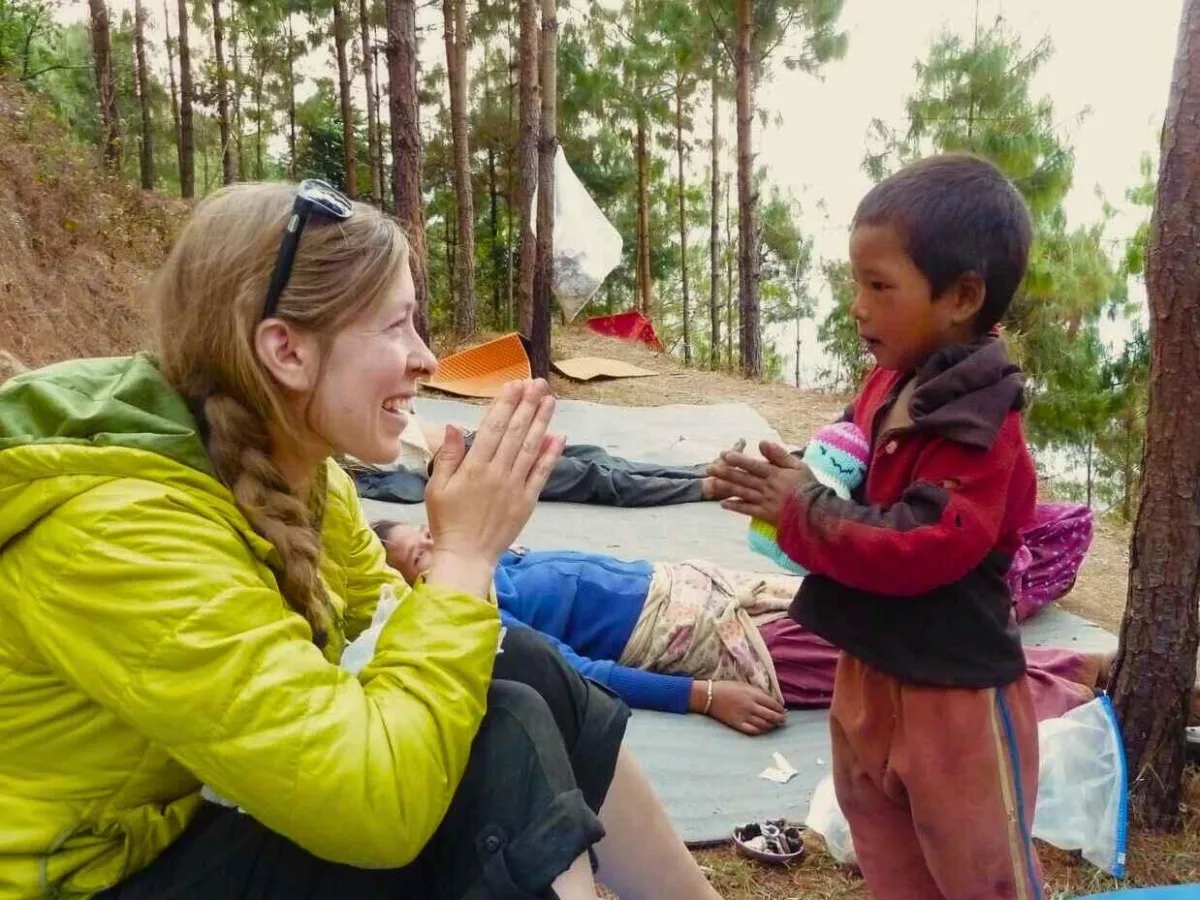
Mindi is a graduate of Naropa University’s Contemplative Psychology program and holds a Masters degree in Classical Five-Element Acupuncture. She is a Wilderness First Responder and she lives with her family and rescued pit bulls in the foothills of Colorado.
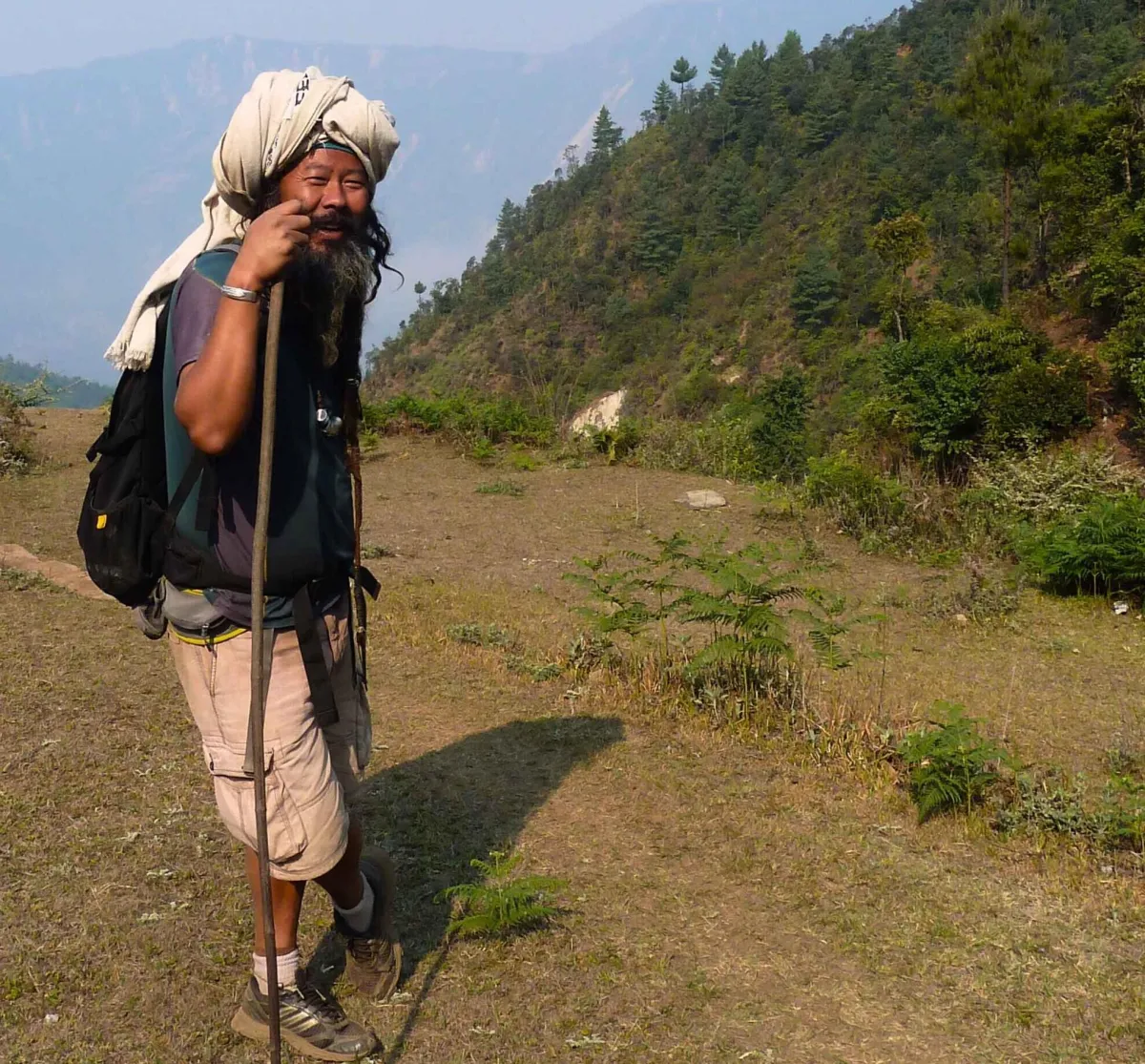
Beebal Singh Limbu (he/him)
Founder of Into The Wild guiding company, Beebal is a true adventurer. His love for Mother Nature and the outdoors has led him into guiding people from all walks of life through the vast Himalayas for over a decade.
As a humanitarian, he has been providing direct aid and support to the victims of the devastating earthquake of 2015. Beebal has been supervising medical clinics and leading sponsored charity treks in the Sindhupalchok district, one amongst the most affected regions in the country.
Beebal has been co-leading trips with the Inner Ocean Empowerment Project since 2015. He continues to bring supplies into IOEP’s eight Himalayan medical clinics and conduct trainings for the Mothers in Wilderness First Aid and CPR.

www.inneroceanempowermentproject.org
Inner Ocean© 2025 All Rights Reserved
